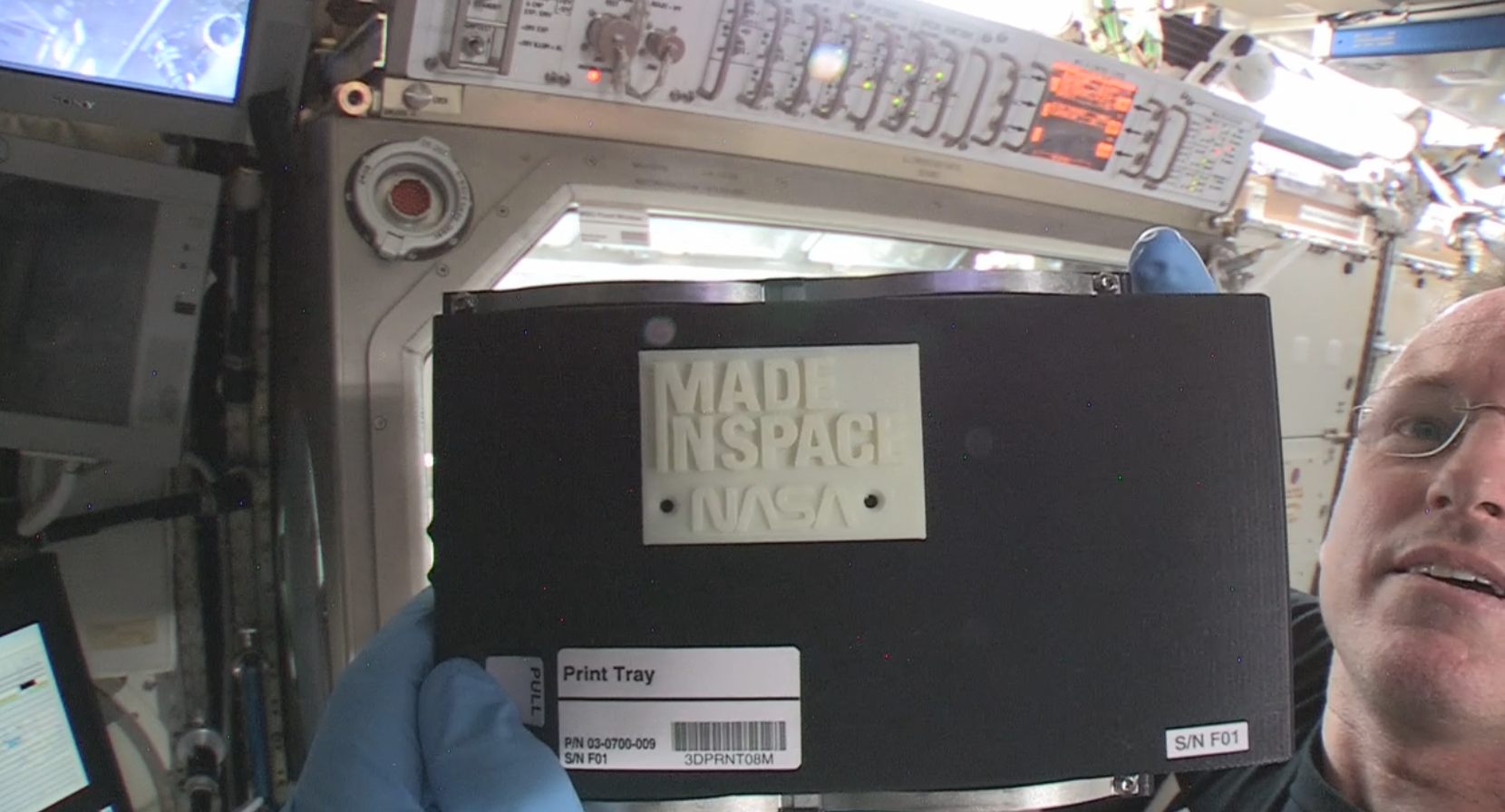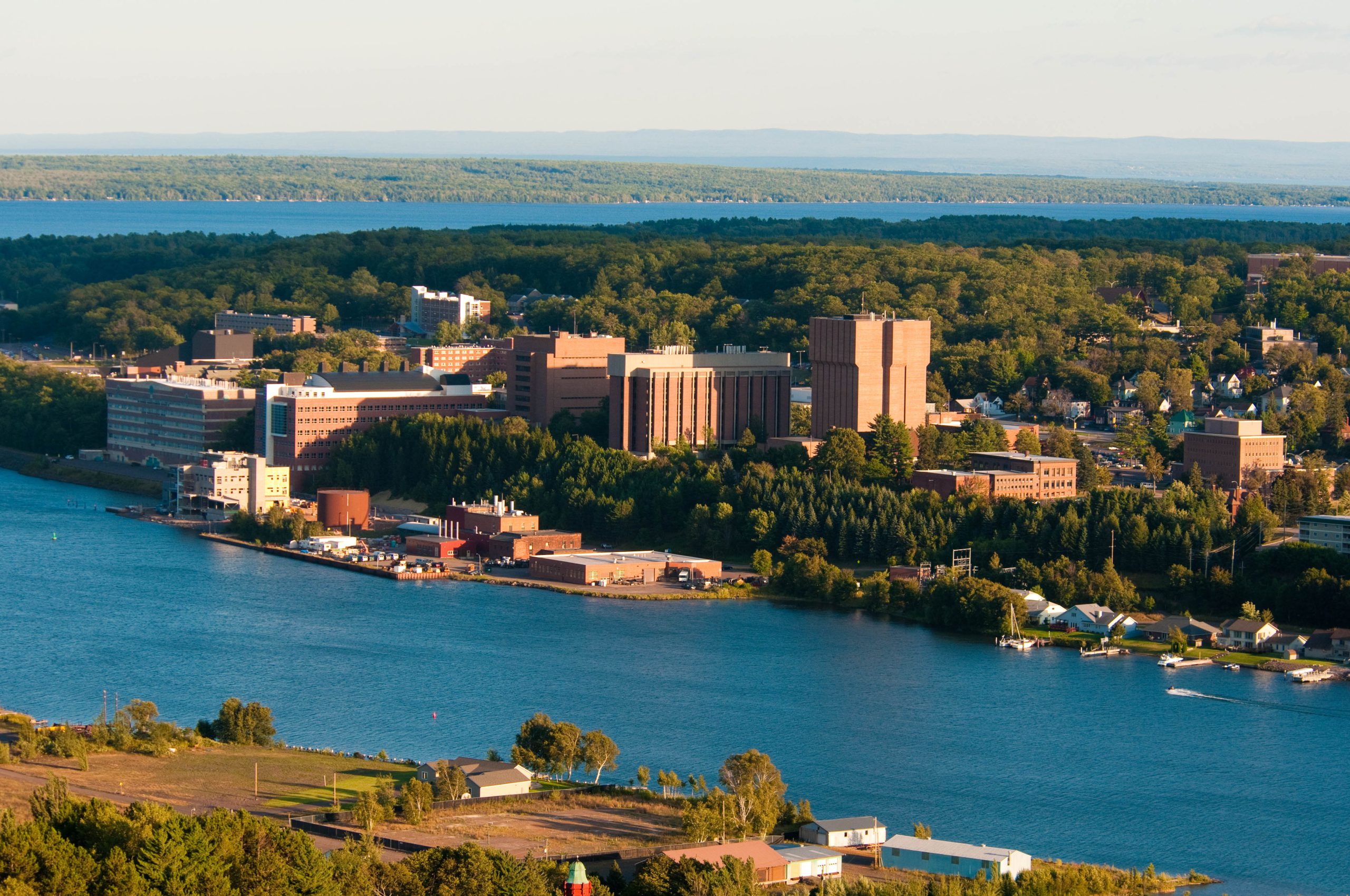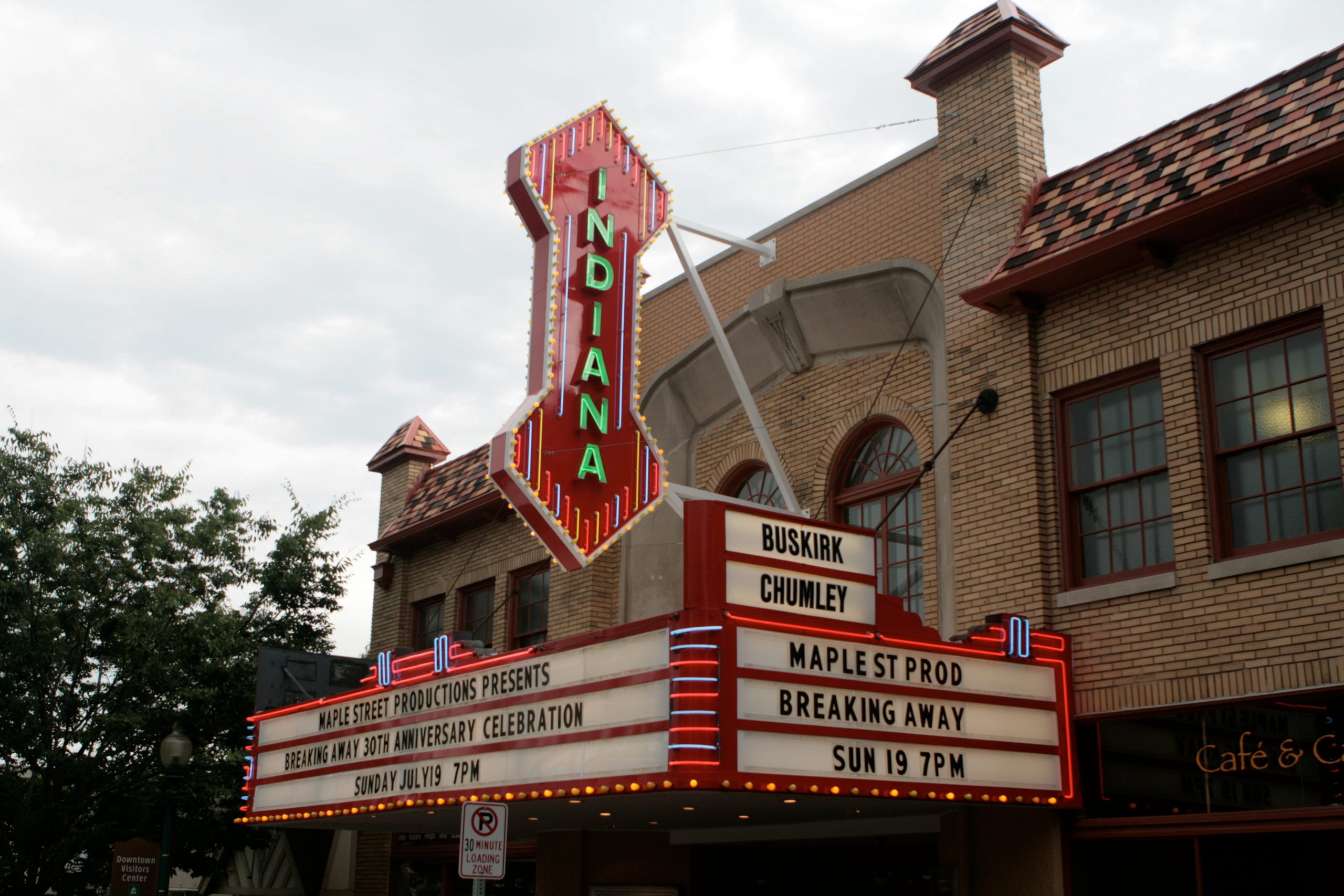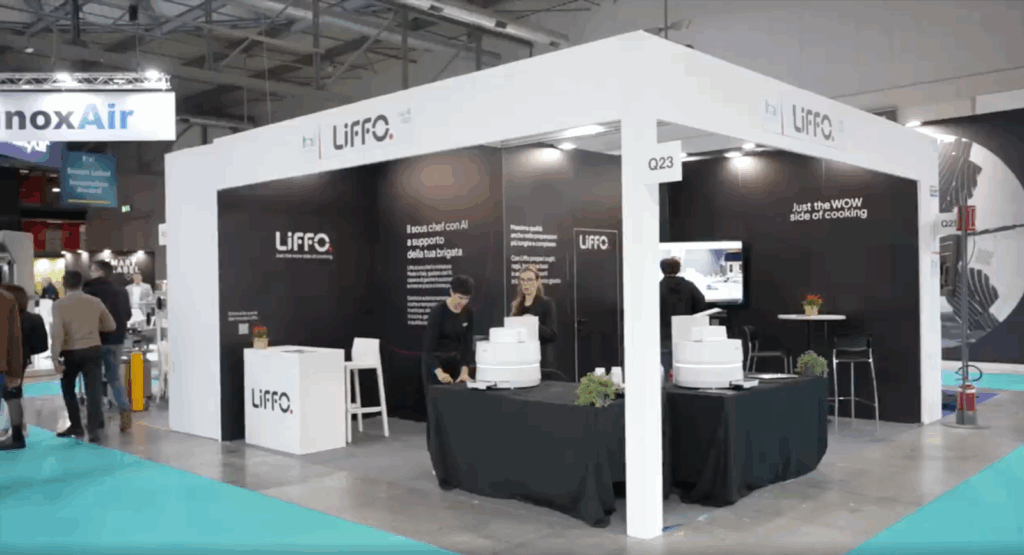Over the last few years NASA has been running a competition in which companies enter their 3D-printed habitats for deep space exploration. The latest round, hosted in Edwards, Illinois, finished just this week. NASA awarded a prize of $250,000 to Team Foster + Partners | Branch Technology of Chattanooga, Tennessee, for successfully completing Phase 2: Level 3 of NASA’s 3D-Printed Habitat Challenge. Pennsylvania State University of University Park received second place, and a reward of $150,000. The challenges were held in the three days leading up to the award ceremony on August 26th at Caterpillar’s Edwards Demonstration and Learning Center in Edwards. “The advancement and innovation in additive construction that we’ve seen from these teams is inspiring,” said Jim Reuter, deputy associate administrator for NASA’s Space Technology Mission Directorate, who presented the prizes. “Meeting the technology goals of this challenge proves that competition can push boundaries, and their work puts us that much closer to preparing the way for deep space exploration.” 3D printing is going to be incremental when it comes to spaceflight, earlier this month Made in Space announced that they had successfully tested a 3D printer which could produce objects inside a thermal vacuum chamber. Such technology means that astronauts would be able to build adaptively build objects on demand in space, loosening the idea that all supplies and equipment would have to be taken from initial launch. Similarly, the teams competing in Edwards had to design and build the fundamental technology to produce a structurally sound habitat. This includes the printer which had to produce certain parts of the habitat which were tested to destruction in order to determine the scores. Earlier this month the crew of the International Space Station launched their first 3D-printed satellite. The launch came at the end of an eight-hour spacewalk where two satellites, less than two-feet in size, were set loose to orbit the earth for 6 months and find out how 3D-printed components fair in space. “We will have actually some grounds to get drunk today, I think,” one of the cosmonauts joked in Russian, according to Popular Mechanics. A flight controller replied that he’d do it for them.
NASA’s 3D printing challenge in Edwards, Illinois
By Techli
31 agosto, 2017









